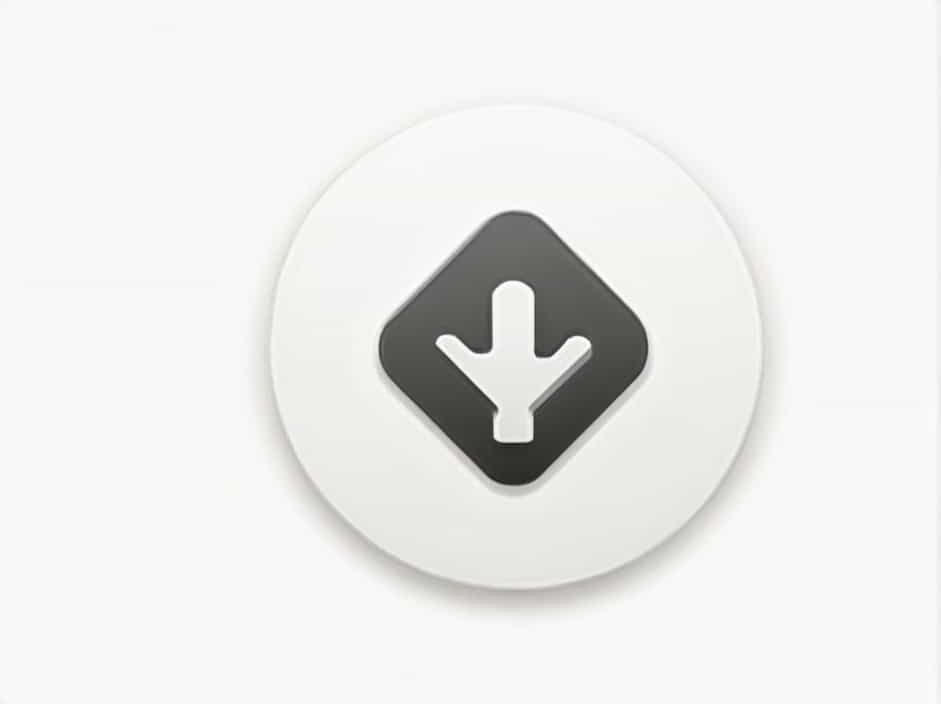The word ‘juncture’ is often used in English to describe a critical moment, a point in time, or a connection between two things. It appears in both everyday conversations and formal writing, making it an important term to understand.
In this topic, we will explore the meaning of juncture, its definitions, synonyms, usage in sentences, and how it applies in different contexts.
Definition of Juncture
What Does Juncture Mean?
The word ‘juncture’ has two primary meanings:
- A critical or important moment in time – This usage refers to a turning point or decisive moment in a situation.
- A physical or metaphorical connection between two things – This meaning describes the point at which things join or meet.
Etymology of Juncture
The word ‘juncture’ originates from the Latin ‘jungere’, meaning ‘to join’. Over time, it evolved into Middle English as ‘junctura,’ maintaining its meaning of a point of connection or a decisive moment.
Synonyms of Juncture
Depending on the context, different words can be used instead of juncture. Some common synonyms include:
- Turning point – A moment that changes the direction of events.
- Crossroads – A figurative or literal point where decisions must be made.
- Crisis – A critical or emergency situation requiring immediate attention.
- Connection – A physical or symbolic link between two elements.
- Convergence – The meeting of different paths, ideas, or influences.
Examples of Juncture in Sentences
To understand how ‘juncture’ is used in different contexts, here are some examples:
- At this juncture, we must decide whether to continue the project or cancel it.
- The two rivers meet at a natural juncture, forming a large lake.
- The country is at a critical juncture in its economic recovery.
- This agreement marks an important juncture in our business partnership.
- The bridge serves as a juncture between the two cities.
The Two Main Meanings of Juncture
1. Juncture as a Critical Moment in Time
One of the most common uses of juncture is to describe a pivotal moment in a situation, whether in history, personal decisions, or business.
Examples in Different Contexts
- Historical juncture – ‘The signing of the Declaration of Independence was a crucial juncture in American history.’
- Political juncture – ‘The country is at a delicate juncture as it prepares for new elections.’
- Business juncture – ‘The company reached a critical juncture when it decided to expand internationally.’
At such moments, decisions and actions have long-term consequences, making the word juncture useful when discussing significant events.
2. Juncture as a Physical or Metaphorical Connection
Juncture can also refer to a point where things join or come together. This meaning applies in geography, linguistics, and anatomy.
Examples in Different Contexts
- Geography – ‘The Amazon River has several junctures where smaller rivers merge into it.’
- Linguistics – ‘In speech, a juncture helps differentiate between words like ‘ice cream’ and ‘I scream’.’
- Anatomy – ‘The shoulder is an important juncture connecting the arm to the torso.’
How Juncture is Used in Different Fields
1. Juncture in Business and Decision-Making
In business and management, juncture refers to a moment when important decisions must be made.
For example:
- A startup may reach a juncture where it must decide whether to seek funding or remain independent.
- A company facing financial struggles might be at a juncture where it needs to either restructure or shut down.
2. Juncture in Politics and History
In politics and historical events, juncture is used to describe decisive moments that shape the future.
For example:
- World War II marked a significant juncture in global history, leading to the formation of the United Nations.
- The Civil Rights Movement in the 1960s was a juncture that changed laws and attitudes toward racial equality.
3. Juncture in Language and Communication
In linguistics, juncture refers to the pause or boundary between words or sounds in speech.
For example:
- In English, the phrase ‘night rate’ sounds different from ‘nitrate’ due to a juncture between words.
- In some languages, misplacing a juncture can change the meaning of a sentence.
4. Juncture in Science and Engineering
In engineering and technology, a juncture is the point where two parts connect.
For example:
- A pipeline juncture connects different sections of a water system.
- In electrical circuits, a juncture is where wires or components meet.
The Importance of Recognizing Junctures
Understanding junctures in different aspects of life helps in:
- Making better decisions – Recognizing turning points allows people to act wisely.
- Understanding historical and political events – Knowing key junctures helps in analyzing events and trends.
- Improving communication skills – Awareness of linguistic junctures enhances speaking and listening abilities.
- Advancing in science and technology – Identifying junctures in structures, circuits, and engineering helps in problem-solving.
Common Mistakes When Using Juncture
Some common misunderstandings related to ‘juncture’ include:
- Using juncture to mean only physical connections – While juncture can mean a joining point, it is also widely used to describe important moments in time.
- Confusing juncture with junction – A junction usually refers to a physical intersection, while a juncture can be either a physical connection or a figurative turning point.
- Overusing juncture in everyday language – While useful in formal writing and discussions, ‘juncture’ might sound too complex for casual conversations.
The word ‘juncture’ is a powerful term that describes both critical moments in time and points of connection. It is widely used in business, history, linguistics, and science to highlight important decisions, events, and physical links.
Understanding when and how to use juncture can help in improving communication skills, analyzing situations, and making informed choices. Whether discussing a major life decision, a turning point in history, or the connection between two things, juncture remains an essential word in the English language.
